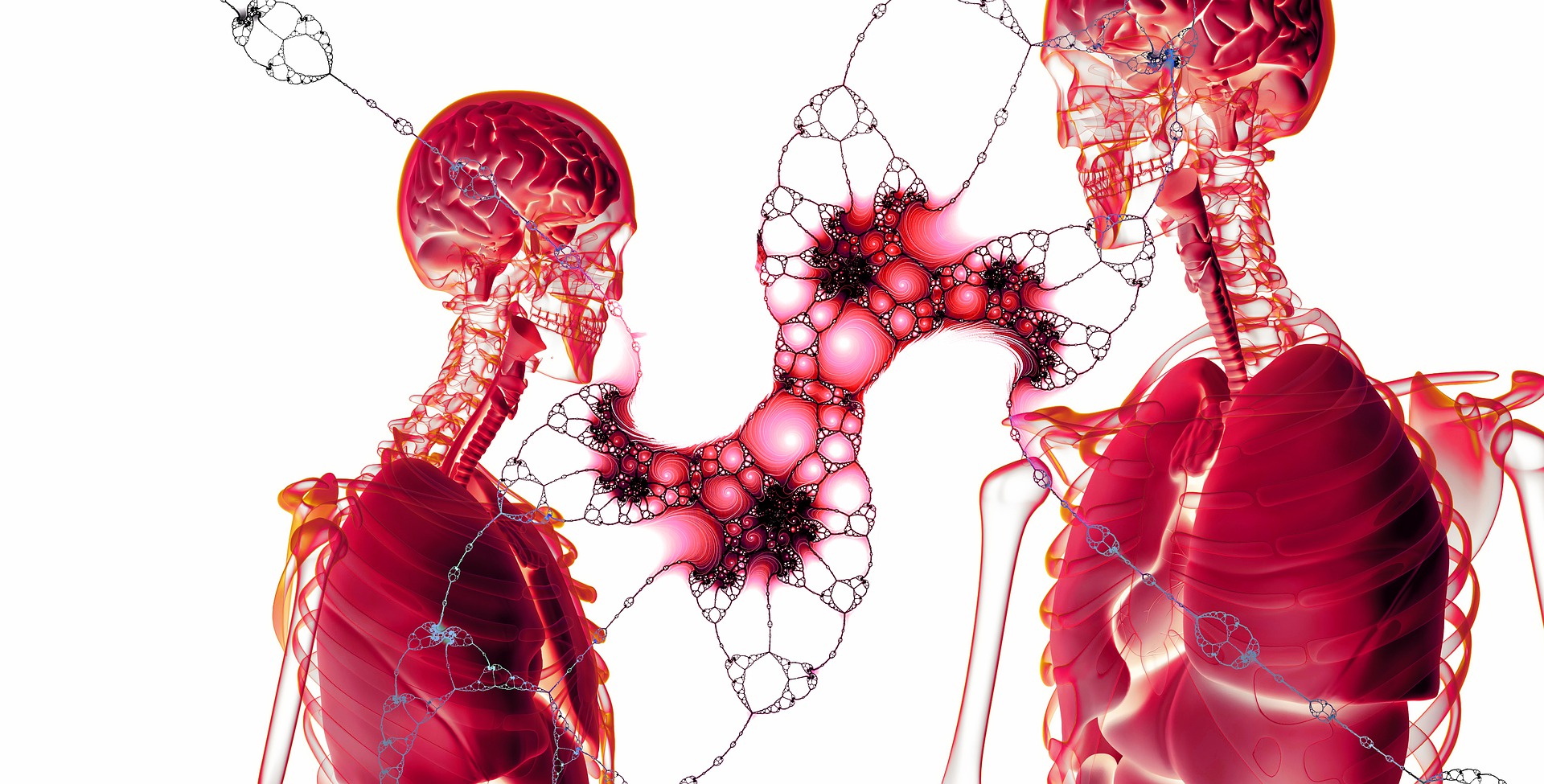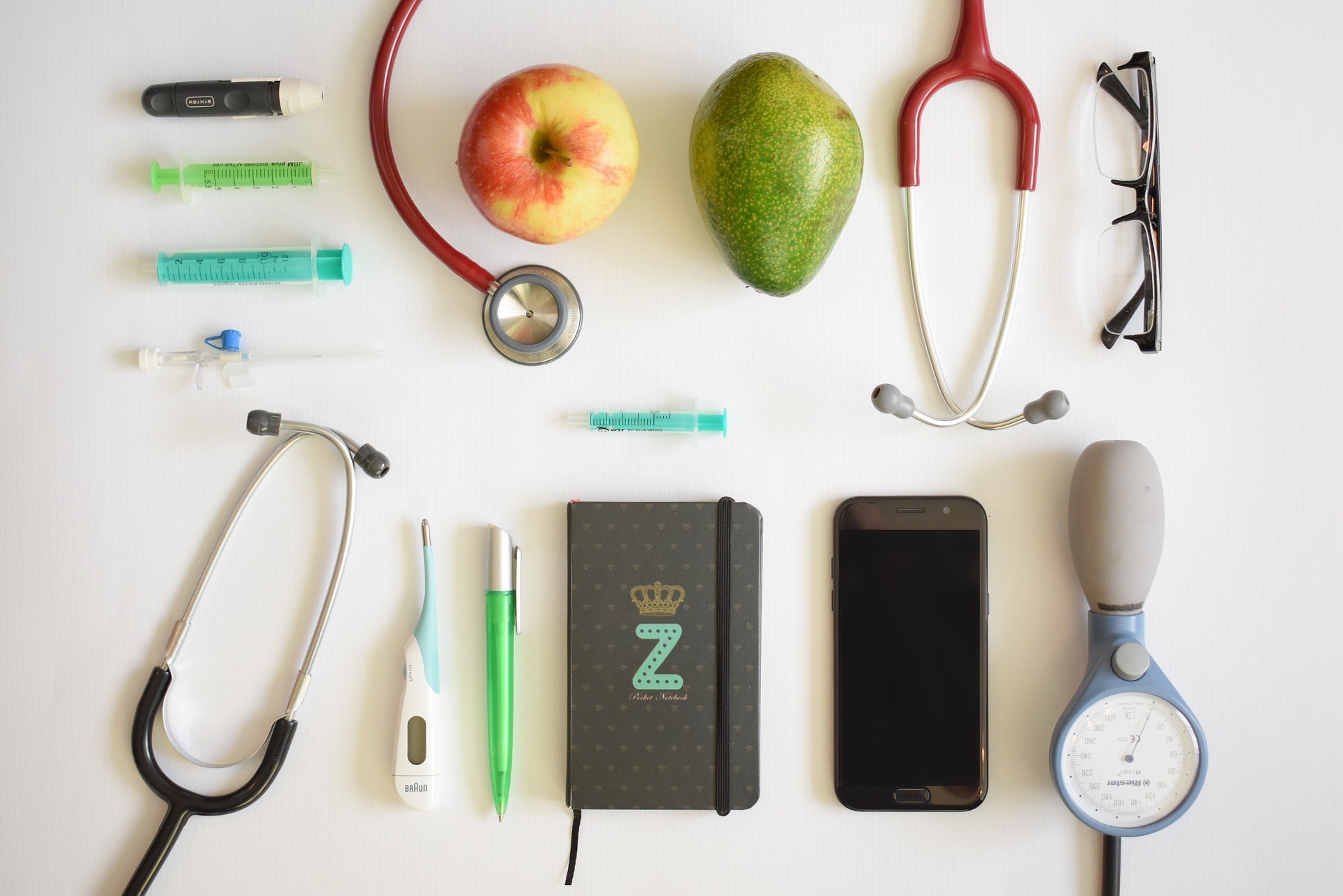Hypertension and its Impact on End-Organ Damage -Review

Hypertension, commonly known as high blood pressure, is a widespread health issue affecting millions of people worldwide. While it often goes unnoticed due to its silent nature, untreated hypertension can have severe consequences on various organs in the body. In this blog post, we will explore what hypertension is and how it can lead to end-organ damage.
What Is Hypertension?
Hypertension is a condition characterized by consistently elevated blood pressure levels. Blood pressure measures the force of blood against the walls of the arteries as the heart pumps it around the body. It is expressed in two values: systolic pressure (the pressure when the heart beats) and diastolic pressure (the pressure when the heart rests between beats). A normal blood pressure reading is typically around 120/80 mm Hg.
The Impact of Hypertension on End-Organ Damage:
Hypertensive Heart:
- Left Ventricular Hypertrophy (LVH): Prolonged high blood pressure can cause the heart’s left ventricle to thicken, leading to LVH. This condition reduces the heart’s efficiency and increases the risk of heart failure.
- Coronary Artery Disease: Hypertension is a significant risk factor for the development of coronary artery disease, increasing the likelihood of heart attacks and chest pain.
Brain:
- Stroke: Elevated blood pressure can damage blood vessels in the brain, increasing the risk of stroke, which can result in permanent neurological damage or death.
- Cognitive Impairment: There is evidence to suggest that hypertension may contribute to cognitive decline and an increased risk of dementia.
Kidneys:
- Kidney Disease: Hypertension can harm the small blood vessels in the kidneys, impairing their function and potentially leading to chronic kidney disease or kidney failure.
Hypertensive Retinopathy:
- Retinopathy: High blood pressure can damage the blood vessels in the eyes, causing retinopathy, which may lead to vision problems or even blindness.
Blood Vessels:
- Aneurysms: Hypertension weakens the walls of arteries, increasing the risk of aneurysms (ballooning of blood vessel walls) that can rupture, often with life-threatening consequences.
Hypertension is not a condition to be taken lightly. It can silently damage various organs in the body, leading to serious health complications. Understanding the risks and taking proactive steps to manage blood pressure is essential to protect your overall health and prevent end-organ damage. If you have hypertension or are at risk, consult a healthcare provider for guidance on effective prevention and treatment strategies.





1 Response